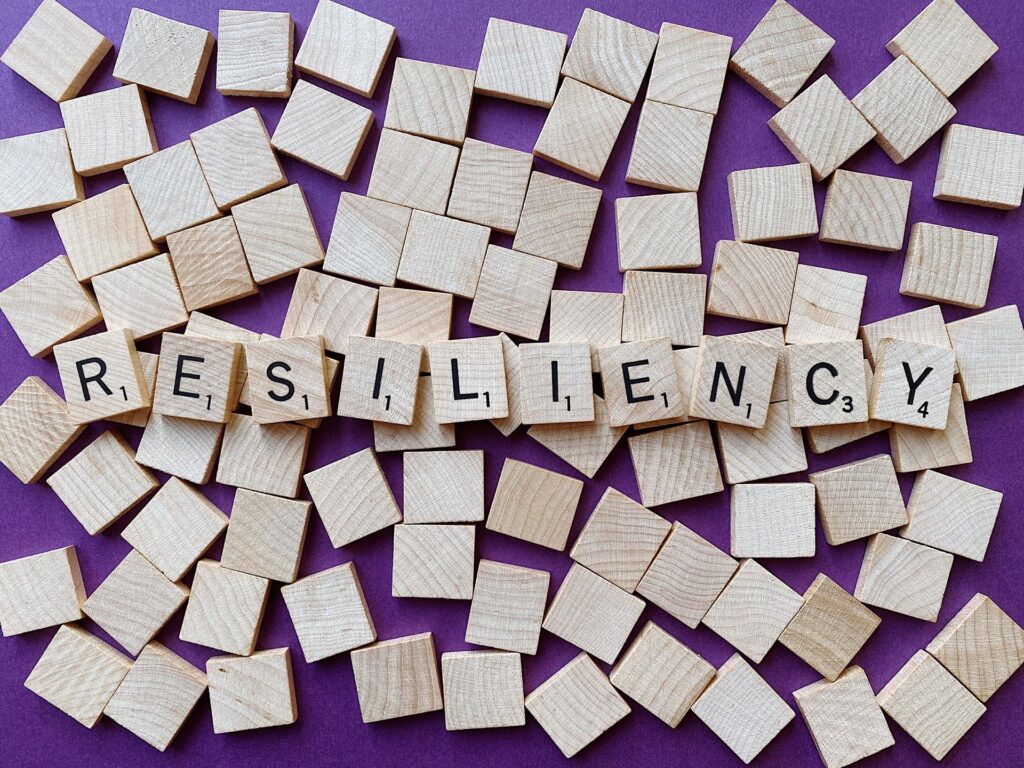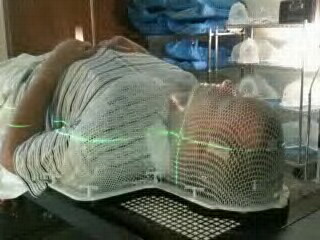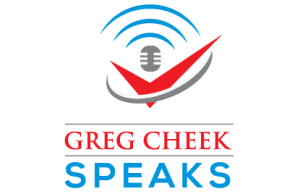Upcoming Event: Resiliency Training for Healthcare Professionals on the front-lines of COVID-19.

Greetings everyone, I hope you are safe and healthy wherever you are in the world as you read this.
This Thursday, 14 May 2020, I will be giving resiliency training for healthcare workers who are on the front lines battling COVID-19 (via Zoom).
The number of ways that COVID has effected our lives is too many to list, but it is certain that our healthcare workers are doing a Herculean task. Long-hours in a high-stress and high-stakes environment can quickly lead to exhaustion, sickness, burn-out, depression and worse.
Working with Kansas City Southwest Clinical Society (KCSWCS) I designed this training to give healthcare workers the tools they need to weather this storm. Here’s the info:
Title: Auf Geht’s “Resilient Victory amidst the COVID-19 Healthcare Battlefield “
Learning Objectives:
1. Healthcare providers immediately discover valuable resiliency skills they can put to immediate use in the stressful COVID-19 workplace.
2. Healthcare providers develop skills to master the tactical art of calm and gratitude within the COVID-19 workplace.
The training will be offered twice on May 14th, once at 1200 and again at 1700 (Central Standard Time), both via Zoom. To register, email Ruth Smerchek directly (Ruth@kcswcs.org).
KCSWCS gives Continuing Medical Education (CME) credit for the American Medical Association (AMA), the American Academy of Family Physicians (AAFP) and the American Board of Internal Medicine’s (ABIM) Maintenance of Certification (MOC) program. To register to get CME credit, email Ruth Smerchek directly (Ruth@kcswcs.org).
The KCSWCS has been helping medical professional since 1923, and is one of the oldest postgraduate medical education organizations west of the Mississippi (possibly the oldest). They are completely independent with no affiliation with any area medical schools or hospitals, and their activities are devoted entirely to continuing medical education (CME). It’s an honor to work with them on an ongoing basis.
If you or someone you know can benefit from this training, do not hesitate to reach out to Ruth. Please share widely.
See you there,
Greg
Continuing Medical Education and Patient-Centered Healthcare Communication

I’ve spent a lot of time in hospitals.
For most of my time in the military (16 years, in fact) I was an Army Medical Service Corps Officer, and I dealt with nearly every aspect of providing healthcare in locations far and wide.
After a full career I retired from the military, was busy doing other things and then one day…BOOM, I was diagnosed with stage III throat cancer.
Now I was spending a lot of time in hospitals but for an entirely different reason. The world that I thought I knew so well was turned completely upside-down when I became the patient.
Beating cancer was the hardest things I’ve ever done. Period. But I learned a few things along the way, and the perspective I gained has put me in a unique position to help both healthcare professionals and patients alike.
Patient-Centered Healthcare Communication
I have long been an advocate of continuing education and I LOVE that the medical community has formalized this concept into Continuing Medical Education (CME). It’s a way that medical professionals stay on top of their game, and I, like most in the medical field, had an requisite number of credits to fulfill each year.
Patient-Centered Healthcare Communication is my teaching program for medical professionals, and I designed it specifically to work in the CME framework.
What exactly is it? It’s sharing what I’ve learned from being both a medical professional and a cancer patient. It’s looking at the way communication flows, not only between doctor and patient, but within the entire staff. It’s about understanding the patient’s experience from start to finish, who they interact with along the way, and ultimately, how to deliver them the best care. Its also about how to deliver the most devastating news a patient might ever hear.
After a diagnoses that few survive, I’m incredibly fortunate to be here. I had a stellar medical team who helped me through a terribly difficult time. Sharing my story is just one of the ways I show them my gratitude.
This is not your standard CME. This is my life, and this is my passion.
I’m ready. Are you?
CLICK HERE TO SCHEDULE YOUR CME
See you soon,
Greg

Recent Comments